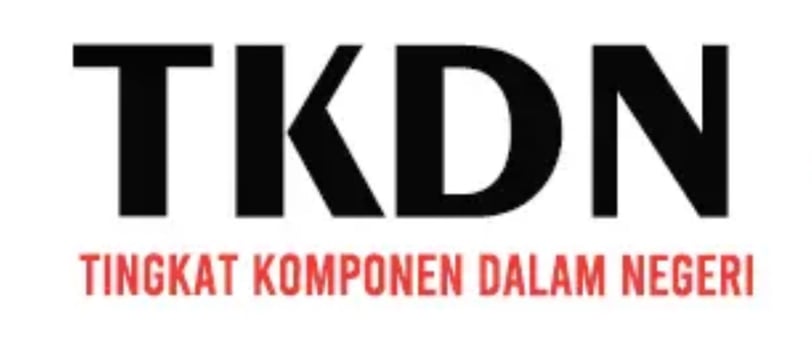Understanding TKDN: Challenges and Opportunities for Foreign Investors in Indonesia
Planning to Reach Indonesian Market, this challenge for Foreign Investors
GUIDE TO GROWTH BUSINESS IN INDONESIA
Ayu Setia Natalya
12/18/20242 min read


Indonesia, with its vast market and growing economy, has become an attractive destination for foreign investors. However, navigating the regulatory landscape can be complex. One such regulation is the Tingkat Kandungan Dalam Negeri (TKDN), or Domestic Component Level. This policy, designed to promote the use of domestic components in products manufactured or assembled in Indonesia, presents both challenges and opportunities for foreign investors.
What is TKDN?
TKDN is a government regulation that mandates a certain percentage of a product's components must be sourced domestically. The specific percentage can vary depending on the product category and industry. The primary objectives of TKDN are:
Boosting domestic industries: By increasing the demand for locally produced components, TKDN stimulates domestic manufacturing.
Reducing import dependency: A higher TKDN means less reliance on imported parts, improving the country's economic resilience.
Transfer of technology: Foreign companies are encouraged to share technology with local partners, fostering technological advancements.
Calculating TKDN
Calculating TKDN can be complex and involves several factors, including:
Cost of domestic components: The value of components sourced domestically.
Cost of imported components: The value of components sourced from abroad.
Value-added activities: Activities such as assembly, testing, and packaging that occur within the country.
The formula for calculating TKDN is generally:
TKDN = (Total value of domestic components / Total value of all components) x 100%
Challenges for Foreign Investors
While TKDN offers numerous benefits, it also presents challenges for foreign investors:
Supply chain disruption: Sourcing components locally can be challenging, especially for specialized or high-tech components.
Increased costs: Meeting TKDN requirements may increase production costs due to higher pricing or longer lead times for domestic components.
Complexity of regulations: Understanding and complying with TKDN regulations can be complex, requiring specialized knowledge.
Limited local suppliers: The availability of high-quality domestic suppliers may be limited in certain sectors.
Opportunities for Foreign Investors
Despite the challenges, TKDN also presents opportunities:
Access to government projects: Companies that meet TKDN requirements are often given preference in government tenders.
Stronger brand image: Demonstrating commitment to local sourcing can enhance a company's reputation among Indonesian consumers.
Long-term partnerships: Collaborating with local suppliers can lead to long-term partnerships and a deeper understanding of the Indonesian market.
TKDN is a key consideration for foreign investors looking to establish operations in Indonesia. While it presents challenges, the benefits in terms of market access, cost savings, and brand reputation make it a worthwhile endeavor.
Need assistance with navigating TKDN regulations? Dana Consultants can provide expert guidance to help you understand and comply with TKDN requirements.
Contact us today:
Email: askcfo@dana-consultants.com
Phone: +62 8112742314
Contact
askcfo@dana-consultants.com
Connect with us
Subscribe to our newsletter
+62 811 2742 314
© 2024 - DCI Ayu Setia Natalya - PT. Dana Consultants Indonesia . All Right Reserved
